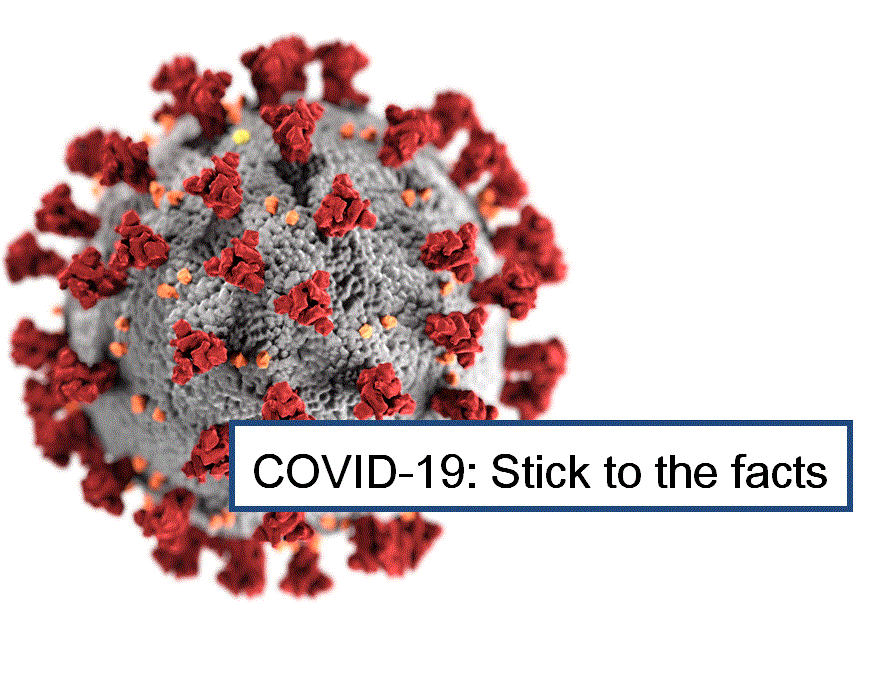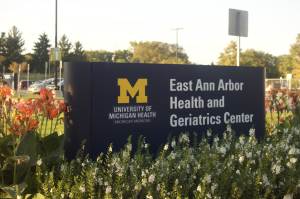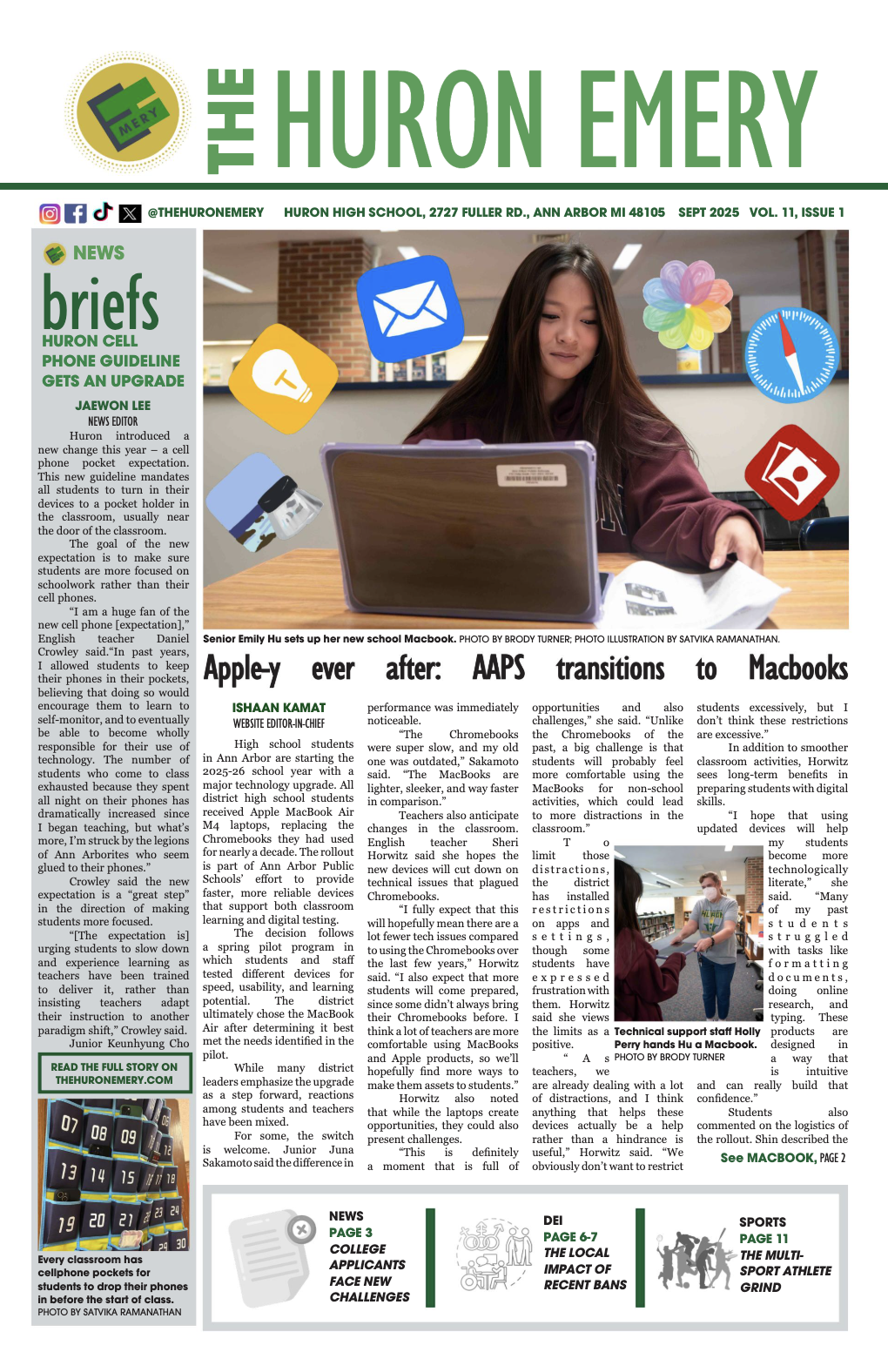Misinformation epidemic: Why fake news is spreading COVID-2019
Virus image from the Centers for Disease Control and Prevention’s Public Health Image Library, modified by Julie Heng
March 22, 2020
As the spread of COVID-19 continues to reach more countries, the world’s newest superstar virus is inciting panic all over the world. With the rapid spread of COVID-19 to countries such as Italy, South Korea and the U.S., health officials warn that COVID-19 will almost certainly spread further in the U.S., and people should be prepared to adapt to any new changes.
But one major factor hampering health officials may be less obvious. Misinformation regarding COVID-19 has run rampant across all social media platforms and is leading many to follow steps that may have life and death consequences.
The theories around COVID-2019 range from superstitious to downright outlandish. Myths have circulated about various home remedies (eating garlic) to conspiracy theories about a bio-weapon that was intentionally released by certain countries. Today, a fake screenshot about Putin releasing lions into the streets to keep people at home started circulating. In every one of these cases, by ignoring professional, effective health advice, real harm is done. Forwarding pieces of fake news to the next unsuspecting victim is even more dangerous.
Fortunately, social media companies have stepped up to fight against fake news. The World Health Organization has partnered with companies such as Twitter and Facebook to more rigorously fact-check posts regarding COVID-19 and use algorithms to bump more credible sources such as the WHO and the CDC when people search for keywords such as “coronavirus.” In fact, the WHO has even created a TikTok account to get the correct information to wider audiences.
Another consequence of fake news has been the spread of panic across the world, which does nothing to combat the disease. The stock market has plunged amid fears of slowing business while masks, hand sanitizer and toilet paper are sold out in pharmacies all across the globe. But experts emphasize the need for calm.
What can you do? Remember that the most accurate information should come directly from trusted health organizations such as the CDC and the WHO. In this case, fact checking could save your life.











